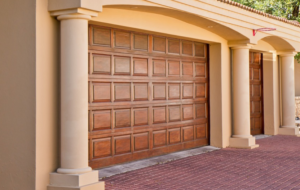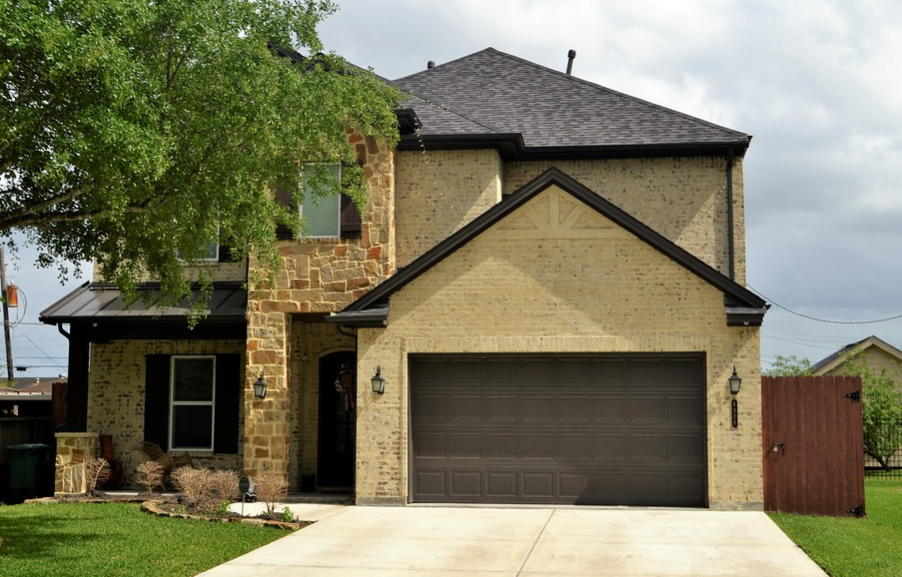The garage at home is more than just a place to park your vehicle. It is a part of your house that will affect the whole building’s curb appeal. If you pick a garage door with a design that does not match the rest of the house, then it will be an eyesore for sure.
Moreover, not all materials fit the weather in a particular region. If a garage door is made of poor-quality materials, the chances are that you’re going to end up with expensive garage door repairs.
Here, you’ll learn the strategies to avoid all of those potential problems.
Know the Basic Types
 Whether you want your door to be fully automatic or manual, there are only four types of it according to the way the door opens:
Whether you want your door to be fully automatic or manual, there are only four types of it according to the way the door opens:
- Swing out (carriage house style)
- Swing up
- Roll up
- Slide to side (sliding barn doors)
And the most crucial consideration in choosing the right type for your house is the clearance of the door track. For instance, if you do not have a ceiling storage system, then installing a swing up garage door can be an option. If you have a wall storage system, then avoid the slide to side design.
The Materials
There are five materials that are commonly used to manufacture garage doors:
1. Wood/Wood Composite
This material has superb aesthetics because it can fit flawlessly with most house designs. However, this beauty comes at a high cost of maintenance. As you may have guessed, wood needs extra insulation and insect-proofing.
2. Steel
Galvanized steel is the most popular material to use as garage doors because it can withstand any weather conditions. However, this material is vulnerable to dent and rust. But compared to wood, it will save you a significant amount of maintenance money.
3. Aluminum
Aluminum is better than galvanized steel in terms of withstanding dent and rust. However, its price is also higher. One thing to note is to avoid cheap quality aluminum garage doors as they are weak and prone to damage.
4. Fiberglass
Fiberglass is the best alternative to wood. It is hard enough to protect your garage, but it has the malleable property that can make it transformed into resembling the pattern on the wood material. However, the biggest drawback of fiberglass is its weakness against cold.
5. Vinyl
Vinyl is at the same level as fiberglass, but with fewer color options. This material is dent-proof and extremely hard to break. If you have kids who like to play around the garage, a vinyl door is your worry-free solution.
Insulation
 Even if you live in a warm area, insulation is still needed to counter the damage caused by temperature difference. Besides, insulation allows you to save energy in case of hot temperature. Now that you know the importance of this feature, you have to learn about the R-Value. A properly insulated garage door usually has R-value of 12 to 18. However, to make sure of everything, please consult the sellers about which garage door suits the weather in your area.
Even if you live in a warm area, insulation is still needed to counter the damage caused by temperature difference. Besides, insulation allows you to save energy in case of hot temperature. Now that you know the importance of this feature, you have to learn about the R-Value. A properly insulated garage door usually has R-value of 12 to 18. However, to make sure of everything, please consult the sellers about which garage door suits the weather in your area.

